When the weather is cold, respiratory diseases, cardiovascular diseases, immune deficiency, and bone and joint diseases increase. Among the diseases related to winter weather, flu and stroke are haunting.
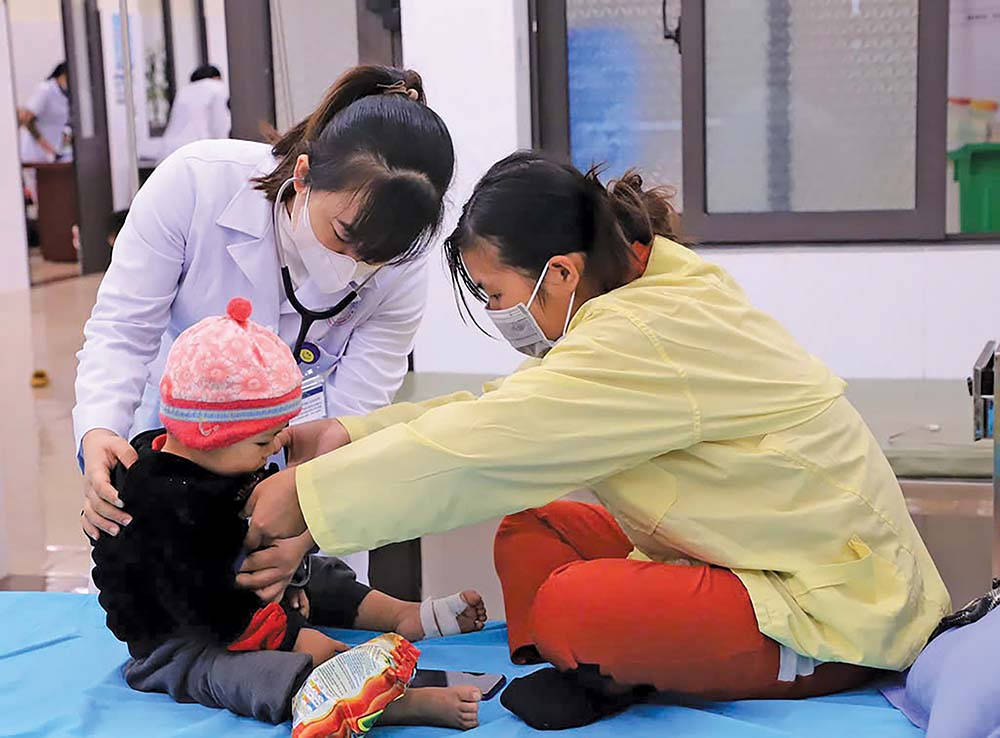 |
| In winter, children are susceptible to flu and respiratory diseases. In the photo: Doctors at Binh Lieu District Medical Center (Quang Ninh) examine a child patient. |
Cold wind comes, illness comes
According to information from the health sector, in Binh Dinh province, there was one death due to influenza A/H1pdm infection. Mr. Hoang Minh Duc, Director of the Department of Preventive Medicine (Ministry of Health) said that this male patient was infected with a common seasonal flu strain. This flu virus was first discovered during the 2009 flu pandemic and is called pandemic09 (pdm).
The World Health Organization has warned that influenza A/H1N1 can be fatal in people with chronic diseases or weakened immune systems. Each year, the world records about 250,000-500,000 flu-related deaths, of which influenza A/H1N1 is one of the common agents.
Cold weather can cause blood vessels to constrict, leading to increased blood pressure and an increased risk of cardiovascular disease, of which stroke is a concern. Stroke is currently a major problem that many people are concerned about. The number of people affected is increasing and getting younger, with an incidence rate of nearly 300 cases/100,000 people.
Experts say that when the weather is cold, the body has self-defense reactions such as secreting more catecholamine hormones that constrict peripheral blood vessels, increasing central blood vessel pressure, causing high blood pressure.
In addition, the risk of stroke in cold weather or when the weather changes erratically tends to be higher in the elderly, those with underlying diseases such as high blood pressure, diabetes, cardiovascular disease, obesity, etc. People with underlying factors of aneurysm, damaged blood vessels in the brain are very susceptible to rupture causing cerebral hemorrhage.
In winter, people tend to eat more, especially fat, to store energy. Less exercise and less water intake can also increase blood pressure, poor circulation and increase the risk of stroke.
Not to mention, during the cold season, many people tend to be less active, leading to weakened muscles and joints. People with arthritis may feel increased pain in cold weather, due to constriction of blood vessels and reduced blood flow to the joints. Stiffness and pain can reduce mobility, affecting quality of life.
Proactively reduce risk
To prevent flu outbreaks during the cold season, the best preventive measure is to get vaccinated against flu every year and follow personal hygiene measures, avoiding close contact with sick people. When having flu symptoms, especially high fever and body aches, people should go to the doctor early for timely diagnosis and treatment to avoid dangerous complications.
Doctor Nguyen Thi An, Safpo/Potec Vaccination System recommends that everyone over 6 months of age should get vaccinated against influenza annually (because influenza virus strains can change every year), especially children from 6 months to 4 years old, people over 50 years old, people with chronic lung disease, chronic heart disease, kidney disease, liver disease, hematological and metabolic disorders (including diabetes, people with immunodeficiency), pregnant women, and medical staff.
To prevent strokes from occurring in winter, the time of changing seasons, stroke screening plays an important role. There are many risk factors for stroke that patients do not detect themselves. Active screening will help each person promptly detect abnormal factors that can cause potential strokes in the body.
Doctors are concerned that most people with high blood pressure do not initially know they have high blood pressure. They only discover the disease when they have kidney failure, heart failure, or stroke. People with type 2 diabetes also do not have obvious symptoms such as eating a lot, drinking a lot, urinating a lot, or losing weight to detect it early.
Many people go to the hospital when they have complications of infection, infected wounds that take a long time to heal, or have a stroke, only to find out that the cause is diabetes. According to statistics, about 15-30% of diabetic patients who go to the emergency room or are treated for a stroke are diagnosed with diabetes.
Therefore, disease prevention is very important. Recognizing the early signs of stroke and going to the nearest hospital for intervention and treatment during the “golden time” to save the brain is equally important.
The golden time for emergency treatment for ischemic stroke is about 3-4.5 hours, and for hemorrhagic stroke, it is within 8 hours from when the patient first shows symptoms of stroke such as slurred speech, slurred speech, difficulty speaking, limb weakness, crooked mouth, one-sided facial deviation, headache, dizziness, etc.
Depending on the case, the golden time for stroke emergency treatment can last up to 24 hours or more. However, the patient should be intervened as soon as possible.
Regarding health protection measures in cold weather, according to the health sector's recommendations, people should limit going outdoors when the weather is too cold and windy, especially between 9pm and 6am.
When going out, wear warm clothes to protect against the wind, such as a coat, long pants that are thick enough to keep warm, a scarf, hat, gloves, socks, mask, etc. Always keep your body dry, avoid getting wet, especially the neck, hands, and feet when going out and sleeping to limit illnesses caused by colds.
Avoid exposure to cigarette smoke, charcoal smoke, and do not drink alcohol. People in mountainous areas should be especially careful because drinking alcohol will constrict blood vessels, causing high blood pressure, which can lead to stroke and death. Avoid drinks containing stimulants such as caffeine.
For heavy workers, the elderly, and children, it is necessary to provide more starch, protein, fat, and vitamins than in other seasons to increase the body's heat to fight the cold, especially supplementing vitamins A and C to increase the body's resistance. Particularly, people with high blood pressure, cardiovascular disease, chronic respiratory disease, musculoskeletal disease, etc. that have been diagnosed must pay attention to following the principles of taking medication, having a reasonable exercise and nutrition regimen according to the doctor's instructions.


![[Photo] "Beauties" participate in the parade rehearsal at Bien Hoa airport](https://vstatic.vietnam.vn/vietnam/resource/IMAGE/2025/4/11/155502af3384431e918de0e2e585d13a)




![[Photo] Looking back at the impressive moments of the Vietnamese rescue team in Myanmar](https://vstatic.vietnam.vn/vietnam/resource/IMAGE/2025/4/11/5623ca902a934e19b604c718265249d0)
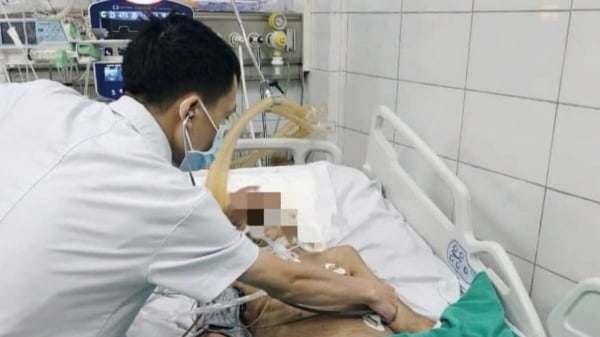

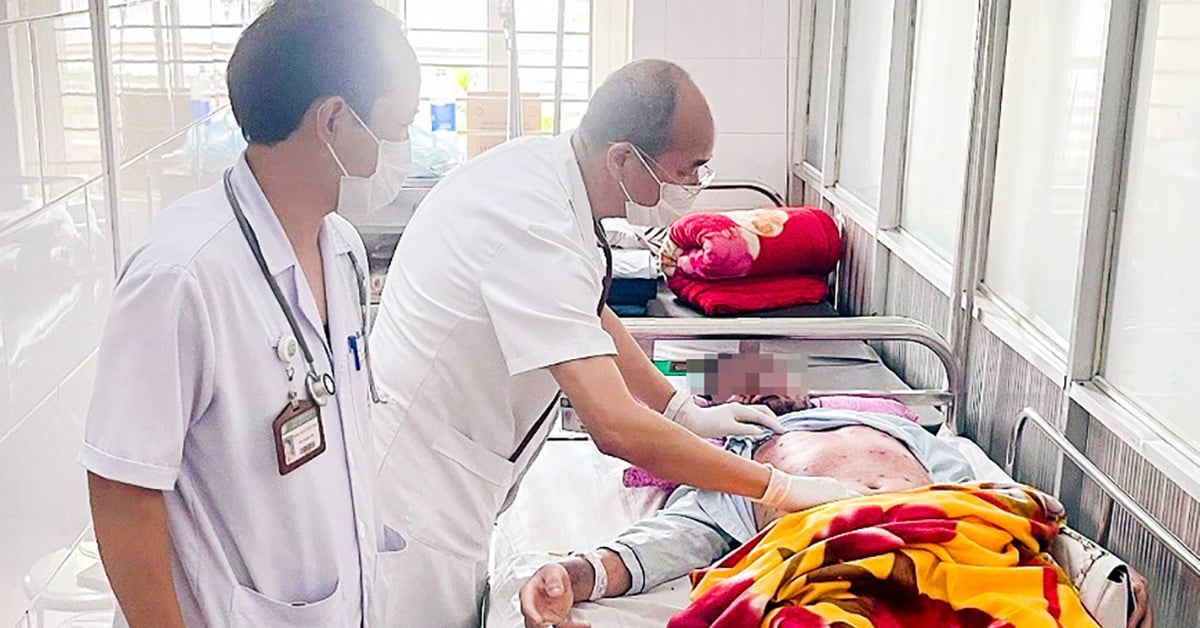



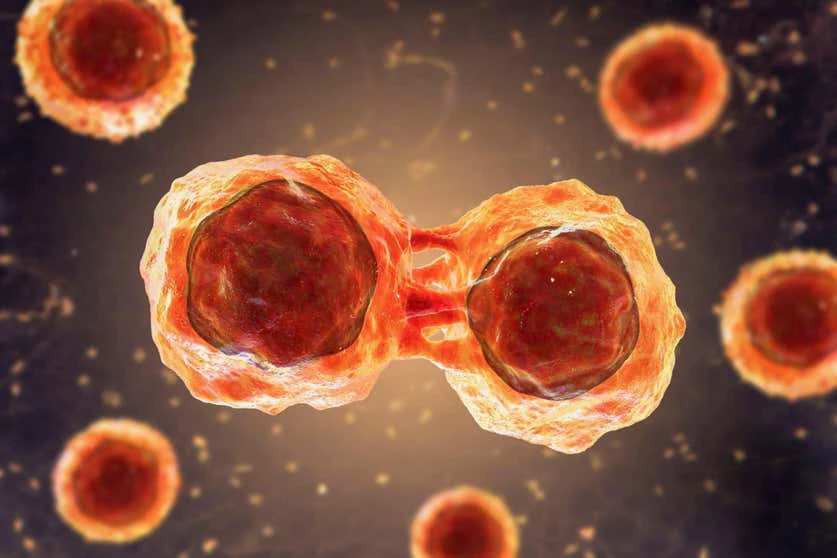



















![[Photo] Summary of parade practice in preparation for the April 30th celebration](https://vstatic.vietnam.vn/vietnam/resource/IMAGE/2025/4/11/78cfee0f2cc045b387ff1a4362b5950f)










































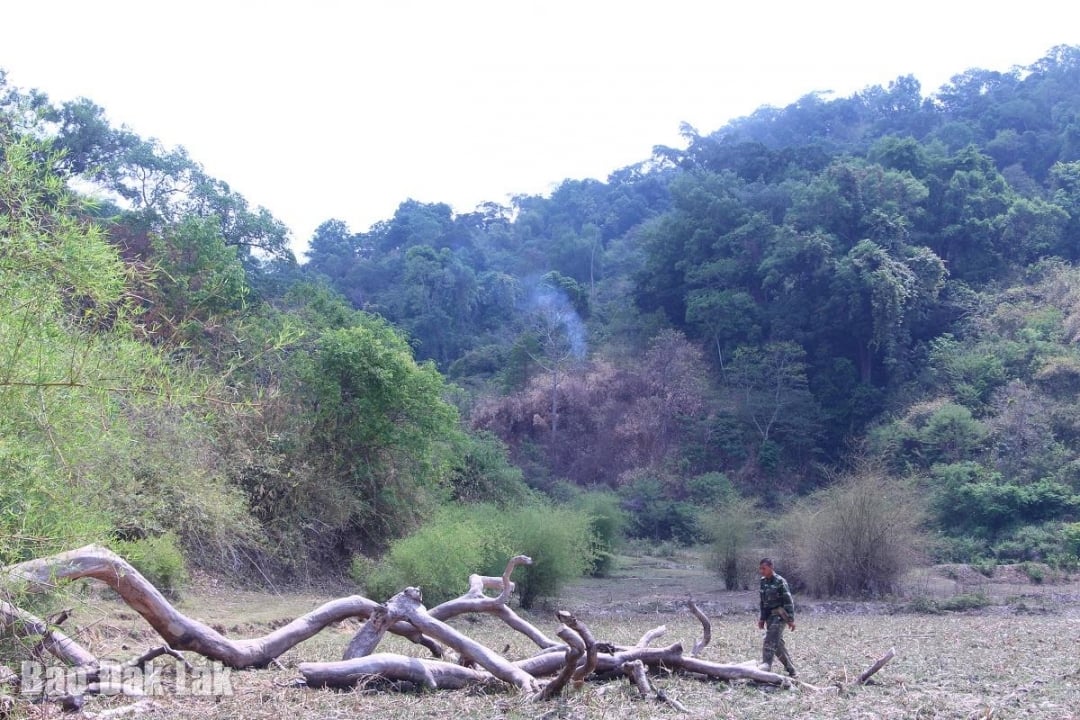














Comment (0)